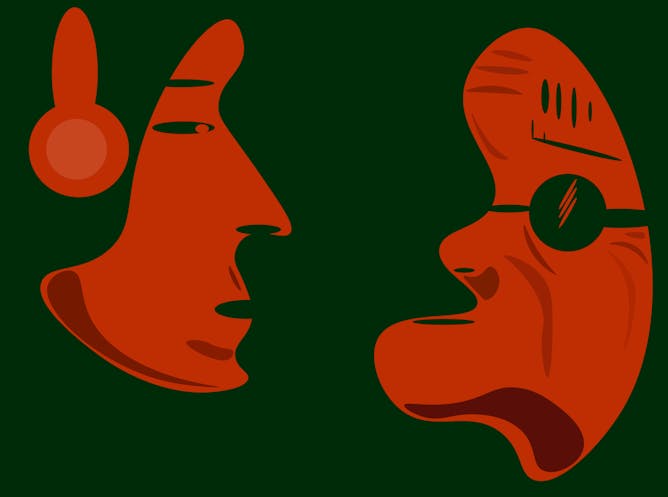
Blowing the whistle carries major risks.
BlueSkyImage/Shutterstock.com
Jennifer M. Pacella, Indiana University
In many instances, whistleblowers find the abusive power they have revealed turned against them, both ending their careers and harming their personal lives.
|

For many older people, today’s music goes in one ear and out the other.
Shutterstock.com/photograph.kiev
Frank T. McAndrew, Knox College
Music doesn't get objectively worse over time. So why do older generations scoff at each new top 40 hit?
|

France is exploring the uses of marijuana as medicine.
Lifestyle discover/SHutterstock.com
David A Guba, Jr., Bard Early College Baltimore
After a long prohibition, France is permitting medical cannabis trials. This isn't the first time that France is testing medicinal marijuana – in the 19th century it led the world in this research.
|
|
-
Libby Richards, Purdue University
A common myth cited as a reason for not getting the flu shot is that the shot will give you the flu. That is scientifically impossible. Here's why.
-
Ronald W. Pies, Tufts University
Rosh Hashana and Yom Kippur are quintessentially Jewish holidays, but an ethicist argues that their values around becoming a better human being, transcend any one religion.
-
Caitlin J. Curry, Texas A&M University
Male lions are responsible for the movement of genes between prides. New research confirmed that the genes are traveling long distances – even though no one has been spotting the lions on the journey.
|
|